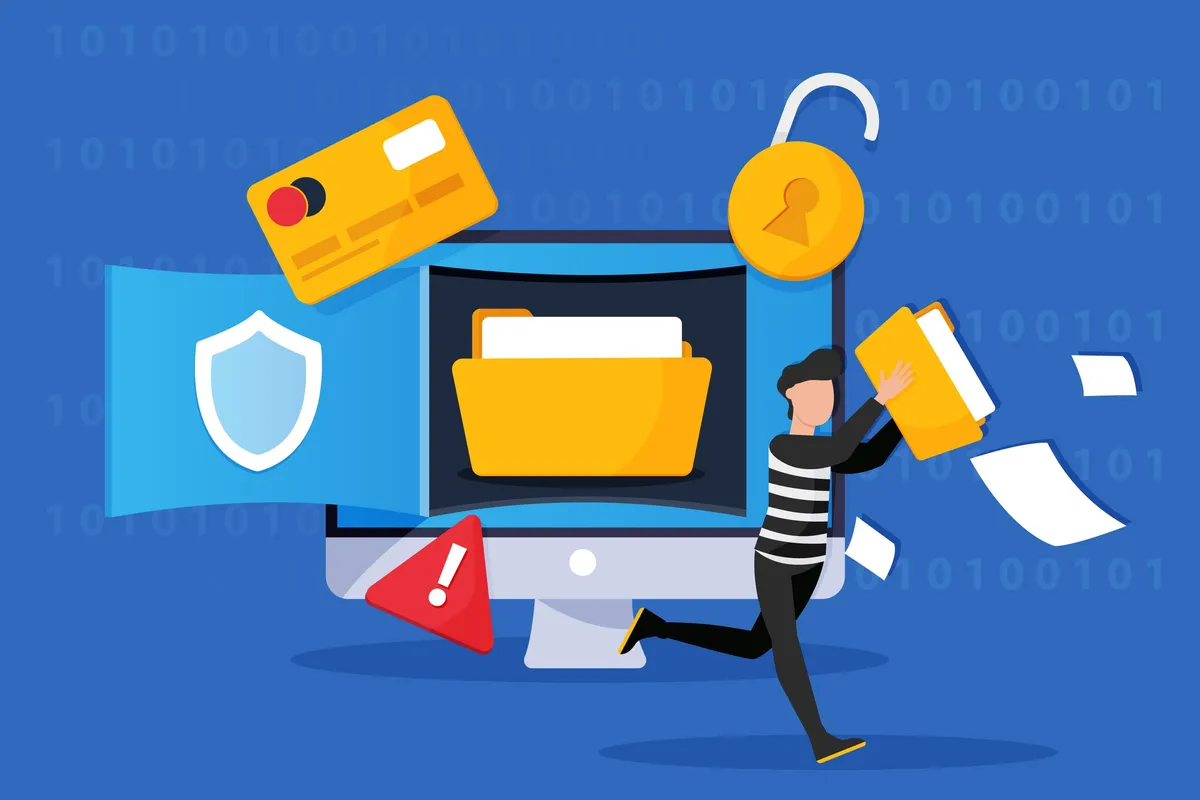Table of Contents
Cybersecurity for Small Businesses: Essential Tips for Protection

In today’s digital landscape, small businesses are increasingly becoming targets for cyber attacks. Protecting your small business from these threats is crucial to safeguard sensitive data, maintain customer trust, and ensure business continuity. In this blog post, we will provide essential tips for cybersecurity to help small businesses enhance their protection against cyber threats.
Employee Training and Awareness
Educate your employees about cybersecurity best practices and the importance of maintaining a secure digital environment. Train them on identifying phishing attempts, using strong passwords, and recognizing suspicious activities. Encourage a cybersecurity awareness culture throughout the organisation.
Secure Network and Systems
Strong network and system security measures, such as firewalls, antivirus software, and intrusion detection systems, should be implemented. Regularly update and patch your software to address vulnerabilities and protect against known threats.
Strong Passwords and Access Control
Enforce the use of strong and unique passwords for all accounts and systems. Implement access control measures, such as granting employees access based on the principle of least privilege, ensuring they have only the necessary permissions to perform their tasks.
Data Backup and Recovery
Regularly back up your business-critical data to an offsite location or a reliable cloud-based backup service. Test the backup and recovery process to ensure that you can restore your data in the event of a cyber attack or data loss.
Secure Wi-Fi and BYOD Policies
Use a strong password and encryption to protect your business’s Wi-Fi network. Implement a Bring Your Own Device (BYOD) policy that outlines security requirements for employee-owned devices connected to your network. Consider creating a distinct visitor network.
Regular Software Updates and Patching
Stay up to date with software updates for your operating systems, applications, and devices. These updates often include security patches that address known vulnerabilities exploited by cybercriminals.
Secure Online Payments
If your business accepts online payments, ensure the use of secure payment gateways and comply with the Payment Card Industry Data Security Standard (PCI DSS). Encrypt customer payment data and avoid storing sensitive information whenever possible.
Employee Account Management
Regularly review and update employee accounts, including disabling or removing accounts of former employees. Implement strong password policies and consider implementing multi-factor authentication for enhanced security.
Incident Response Plan
Create an incident response strategy that details what to do in the case of a cybersecurity problem. Assign roles and responsibilities, establish communication channels, and have a clear process for reporting and addressing incidents promptly.
Regular Security Audits and Assessments
Conduct periodic security audits and assessments to identify vulnerabilities and weaknesses in your systems. Engage cybersecurity professionals to perform penetration testing, vulnerability assessments, and overall security evaluations.
Vendor and Third-Party Security
Evaluate the cybersecurity practices of your vendors and third-party service providers. Ensure they have adequate security measures in place to protect the data they handle on behalf of your business.
Stay Informed and Updated
Keep abreast of the latest cybersecurity threats and trends that may affect small businesses. Follow reputable cybersecurity sources, subscribe to newsletters, and participate in industry forums or webinars to stay informed and adapt your security measures accordingly.
Conclusion
Cybersecurity is a critical aspect of protecting small businesses from the increasing number of cyber threats. By implementing these essential tips, including employee training, securing networks and systems, using strong passwords, backing up data, staying updated with software patches, and developing an incident response plan, small businesses can significantly enhance their cybersecurity posture. Remember that investing in cybersecurity measures is an investment in your company’s long-term prosperity and resilience.



